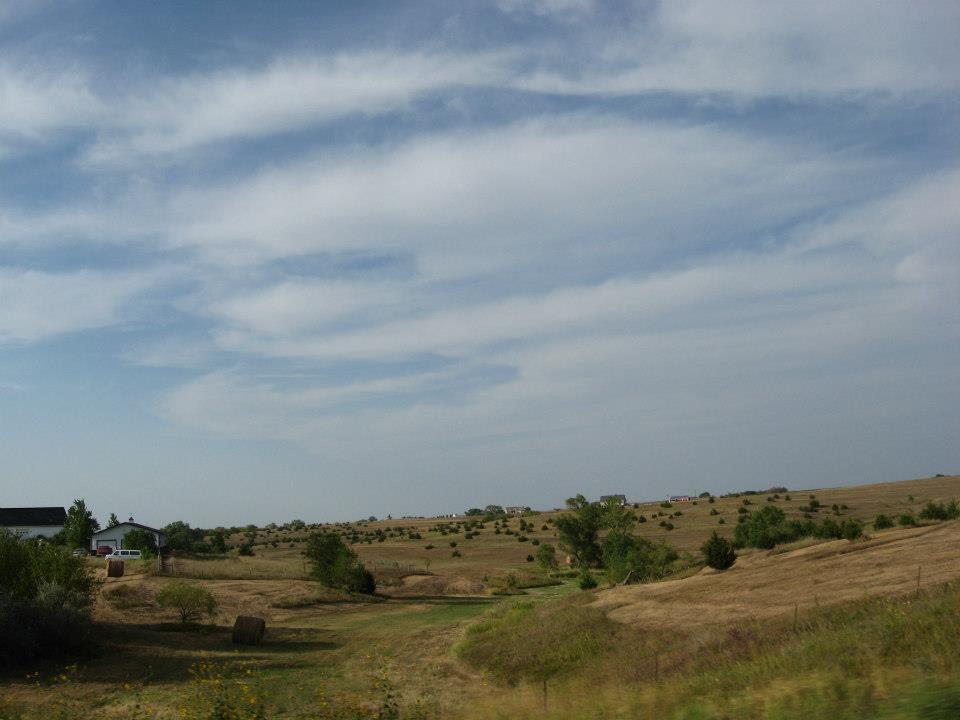I wrote this essay four years ago and it has been sitting on my hard drive awaiting further work ever since. I've recently concluded that it's been so long now that I can't "finish it" but only write a sequel. I'm working on that one now. But for the moment, I decided to finally hit "publish" on this, even if it's now four years old and, as a result, a bit dated in parts. Do note that I quote a few people directly and these people have... we'll say "colorful" ways of speaking.
I. “Love… has a body and a place.”
If you stand at the intersection of 48th and O in Lincoln and look north, you’ll see an Advanced Autoparts on your right next to a dilapidated (but still open) skate zone. To your left, you’ll see a CVS, Target, and a grocery store called Super Saver. If you walk a half mile north, you’ll come to 48th and Vine. From there, you can see a lingerie store in an old office building to your right. Across the street from it, you’ll see a Mexican restaurant called D’Leon’s that looks like a converted trailer home and a small, unobtrusive pet shop specializing in fish named, in classic Nebraskan fashion, “The Fish Store.”
Login to read more
Sign in or create a free account to access Subscriber-only content.
